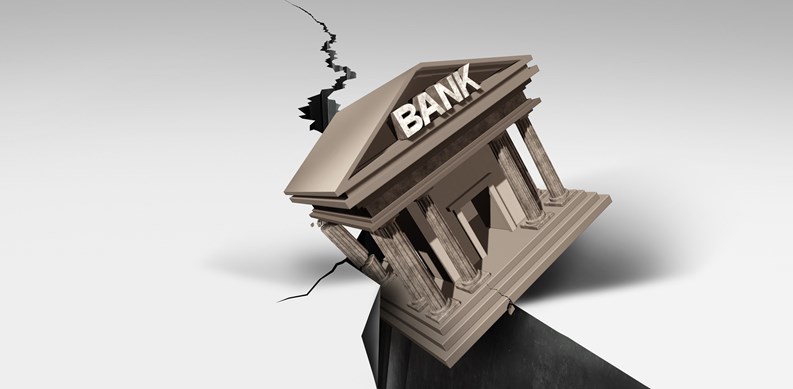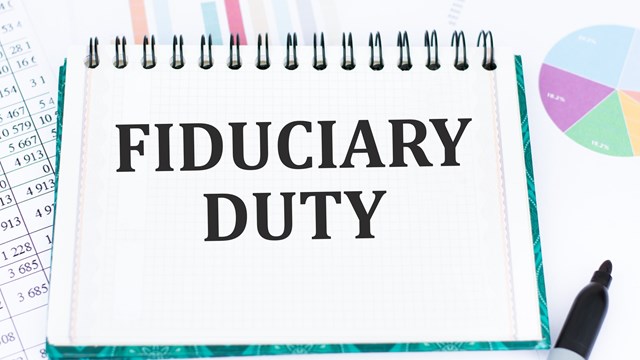The recent failures of Silicon Valley Bank (SVB), Signature Bank, and First Republic have shaken public faith in the US banking industry, again. While not the disastrous level of bank failures that led to the Great Recession in 2008, recent events are enough to send a chill down the spine of many, including board members and residents. But exactly how threatening is the situation for shareholders, owners, and board members with respect to the health of their most important investment?
The Current Picture
“Cooperative and condominium boards are rightfully concerned over the safety of their money,” says Steven Sladkus, a partner with Schwarz Sladkus Reich Greenberg & Atlas, a law firm based in New York City who is also a member of the New Jersey Bar. “As a result, many boards have reservations about depositing in regional banks in the near term, and many are advancing plans to shift deposits to larger banks. It should be noted that Federal regulators took swift action to protect depositors and to provide additional liquidity to the banking industry.”
“Because a board owes a fiduciary duty to the shareholders or unit owners, they need to be mindful of their obligations,” adds Hal Coopersmith, a principal in the law firm of Coopersmith & Coopersmith, also based in Manhattan. “Money held in an operating account or reserves is for the benefit of the building and its owners. This is a time where a board should be vigilant and know where their money is deposited - and in light of rising interest rates, seek to secure a stable return in a savings account.”
Are Deposits Safe?
At present, and under established rules, the FDIC guarantees all deposits in member banks up to $250,000. To date, explains Coopersmith, the Fed has intervened in order to stop widespread chaos among banking institutions and "backstopped" deposits in excess of $250,000. There has been talk about backstopping all deposits, but that is not assured.
Federal regulators have clearly shown that they are backstopping uninsured deposits at SVB and Signature Bank, ensuring that depositors get their money back. However, there is a sense of increased risk for all deposits over the FDIC $250,000 threshold.
According to Sladkus, “A cooperative or condominium’s access to funds would depend on the specifics of the situation - if another regional bank were to fail, for example. Based on recent history, it seems that the federal government would likely step in to prevent further contagion, but even so, access to funds might be significantly delayed.”
Taking Precautions
“Spreading deposits among multiple banks to ensure that all of them are federally insured is one approach boards should take,” says Sladkus. “However, I think it is much more likely that we will see the recent bank failures prompt movement of deposits to larger banks. Crucial information is publicly available on large banks’ earnings reports, credit ratings, portfolio diversity and risk exposure. As fiduciaries, cooperative and condominium boards are responsible for managing funds on behalf of their residents. We have been advising clients to consult financial professionals who can advise them on where to put their money while helping to verify the financial health of different banks. In the current environment, a bank that can protect funds is more important to most boards than a relationship or a higher return on investment.”
“Spreading funds across different institutions provides a level of security,” agrees Coopersmith. “But a building’s board should be mindful of its cash flow requirements and what the funds are being used for. Having two separate accounts can also cause an administrative burden. However, if a building will likely not need the funds for a while, they can use a different financial institution for a Certificate of Deposit to reduce risk and ensure a higher return. This is a time to be mindful of where you keep your deposits and to be able to account to owners or shareholders how funds are being allocated. That doesn't necessarily mean evaluating the balance sheet of a bank, but it can mean being mindful if an institution's credit is downgraded. In our practice, we have given our clients the option of two financial institutions for their escrow deposits.”
The long-term impact and implications of the recent bank closures remain to be seen, but for now, while this is clearly a time for vigilance, it is not a time to panic.







Leave a Comment